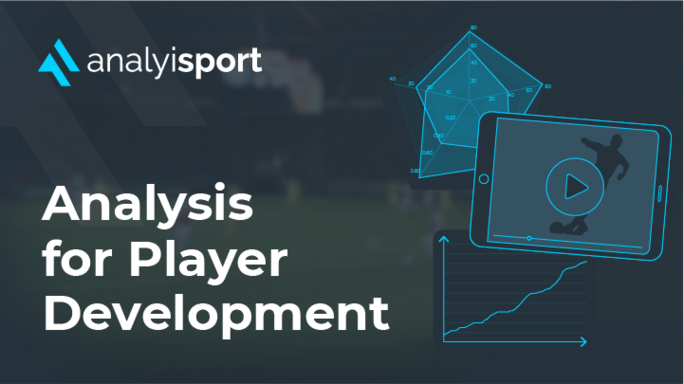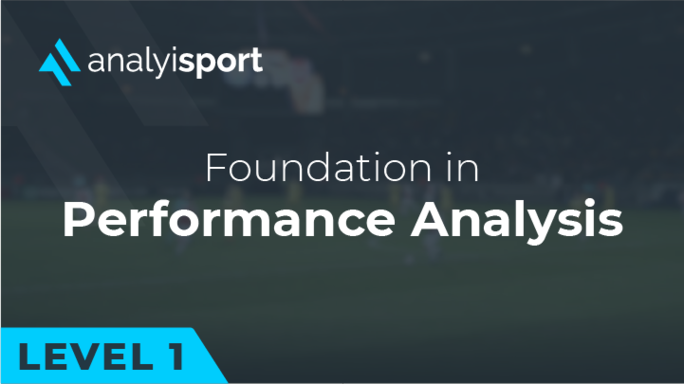The Rise of the Positional Scout in Football
The Rise of the Positional Scout in Football
Positional scouting is a new innovation in football but it’s already starting to have a big impact on the way that football clubs recruit players. Just look at Brighton and Hove Albion.
The Premier League club have not only made a strong start to the 22-23 season, including wins against Chelsea and Manchester United, they also made a profit of nearly £60 million during the summer transfer window. It was the biggest net-profit in the league and a sign that they are successfully finding undervalued players and selling them on for big money.
One of the reasons for Brighton’s success in the transfer market is their innovative approach to scouting. Most clubs rely on scouts who focus on particular regions. But Brighton have adopted a different approach. Since January 2020, they have hired a team of Senior Scouting Managers, each of whom are responsible for finding players who play in a specific position on the pitch.
With the success that Brighton are enjoying, other clubs are starting to follow their lead. It’s an opportunity for clubs to refine their scouting networks and unearth players that other clubs would overlook. Positional scouting is on the rise.
The Origins of Positional Scouting in the NFL
Although it’s a new approach in football, scouting by position is an approach that has been used for a long time in the NFL. For many years American Football teams have been hiring role specific scouts to help them find the right offensive and defensive players in the draft.
Greg Gabriel, an NFL scout who has worked for teams including the New York Giants and the Chicago Bears, has spoken about the scouting system he implemented over twenty years ago when he worked as Director of College Scouting at the Bears between 2001 and 2010.
In this system regional scouts watched college games to discover players who might be suitable. Then these players would be cross-checked by positional scouts who would watch video footage of 4 to 6 games for each player, allowing the Bears to identify the strongest players in each position across the country.
Each positional scout would focus on the same position season after season so that they became a specialist in recognising the qualities a player needs for that role.
“That scout would have a close working relationship with the position coach so that he knew exactly what the coaches were looking for at the position,” explained Gabriel, writing for Bleacher Report. “The cross-check scout’s opinion became invaluable, because he knew most of the top players at the position and had a strong idea of how to rank the players in that position group.”
Just as data analysis was first pioneered in American sport before becoming a major part of football around the world, positional scouting is now making a similar move. But it’s only in the last couple of seasons that football clubs have started to experiment with scouting this way.
Who Are Brighton’s Positional Scouts?
Graham Potter has built a reputation as a coach at the cutting-edge of football and it was during his time at Brighton that the club first started to adopt positional scouting.
It wasn’t an instant change. Instead the club started by altering the focus of some of their existing scouts. Tim Coe had been a Domestic Scouting Manager at Brighton for a year before he was offered a new role as a Central Midfielder Scouting Manager in January 2020, half-way through Potter’s first season in charge.
According to Training Ground Guru, three other scouts now hold similar roles: Charlie Hutton, Lee Sargeson and Pete Bulmer. Bulmer is the most recent recruit, joining the club in April 2022 as Senior Scouting Manager for Central Defenders. He had previously been a more traditional scout, covering the North East of England for Blackburn Rovers. Unlike the others, he did not previously hold a role at the club, showing that they’re starting to recruit from outside as they expand their positional scouting team.
Brighton still have regional scouts and recruitment analysts. Just like in the NFL, the job of the positional scouts is to work with these other scouts to identify potential signings, create reports, and make recommendations.
Which Clubs Are Using Positional Scouts?
Since Potter left Brighton to take over at Chelsea, the London club have made moves to bring in some of the recruitment team from Brighton. Kyle Macaulay, who has helped Potter with recruitment since their days working together in Swedish football, has already made the switch and there have been rumours linking Paul Winstanley, Head of Recruitment at Brighton, with a move too.
They haven’t yet appointed any positional scouts, but it is likely to be something that they will consider. “You can have all the resources in the world but if they’re not aligned, you can waste a lot of money in this league,” Potter has explained and he’s keen to see the recruitment department improved at Stamford Bridge.
Other clubs are starting to adopt a similar approach. Following their relegation from the Premier League in 2022, Norwich City advertised for a positional scout to join their recruitment team. In October, they made an appointment. Kamil Nowak, formerly a Technical Analyst and Scout at Burney, is now Positional Scouting Lead at the Championship club.
Like Brighton, Norwich are a club with limited resources and are unable to spend their way to success. Instead, they have to recruit smartly. In recent years they have been using data analysis to discover talents such as Emi Buendia and Teemu Pukki. Now, they’re following Brighton’s example, although with only one positional scout so far.
Are Positional Recruitment Analysts the Future?
It’s not just clubs with a small budget who are turning to positional scouting. In October 2022, Manchester United started the process of hiring a goalkeeper recruitment analyst. The role involves using data to identify goalkeepers with the talent and potential to play for the first team. With both David de Gea and Tom Heaton’s contracts set to expire at the end of the season, and Martin Dubravka only on loan from Newcastle United, the club clearly want to take a close look at possible signings in this position.
As scouts start to become more specialised, focusing on particular positions, it’s unsurprising that recruitment analysts are starting to follow suit. By focusing on one position, each scout and analyst can become an expert in what to look for when assessing a player in that role. They will also develop a specialist knowledge of the general quality of players in that position, making it easier to find the players who stand out and offer something special.
Positional scouting in football is still at an early stage, but considering the success it’s had in the NFL and the attention Brighton have received for their success in the transfer market, it’s only likely to keep on growing. Data and video analysis now makes it possible for scouts to assess players from all over the world, without leaving the office. The specialist knowledge that positional scouts possess will help clubs to better assess the thousands of players in their database and help them to find the very best available in each position.
Related Courses:

- Level 1
- Course
Level 1: Foundation in Recruitment Analysis in Football
£70.00
Share this article
Our Learning Pathways
AnalyiSport is for everyone who is passionate about analysis in football. Where are you in your development journey?
Become a Football Scout
As more clubs than ever look to build data into their recruitment process, an understanding of recruitment analysis is your ticket to success in the game.
Related Articles
Our team provides news and insights from the cutting edge of football analysis.






